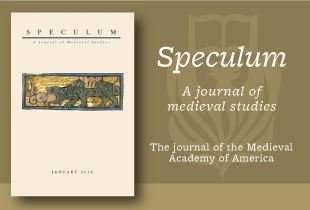The conventional interpretation that Pierre Duhem condemned outright any type of thought experiment in Ernst Mach’s sense should be, at least in large part, rejected. Although Duhem placed particular emphasis on the perils of thought experiments that Mach had overlooked or at least underestimated, he retained the core idea of Mach’s theory, according to which thought experiments cannot break free from the ultimate authority of real-world experiments. This similarity between Duhem’s and Mach’s views about thought experiments is not the only one. Just as there was in Duhem’s criticism of “expériences fictives” a tendency leading him to give voice to one of Mach’s basic empiricist claims, so also there was in Mach’s interpretation of thought experiments a tendency in the direction of Duhem’s conventionalism. If Mach’s and Duhem’s conceptions of thought experiments are compared, there results an importantly similar, although not identical, tension that should properly be taken into account in the more general comparison between Mach and Duhem.
-
-
Journals Division
The University of Chicago Press
-
Pierre Duhem and Ernst Mach on Thought Experiments
Marco Buzzoni
ONLINE: Jan 25, 2018
Your Access Options
Personal Access
If you have access to this journal as a
benefit of membership in the sponsoring organization, log in through the
member link in the right column.
If you have an individual subscription, or if you have purchased this article separately, click on the link below.
Purchase
Other options
If your institution has an electronic subscription to this journal, please log in to your institution’s library website or contact your librarian for journal access. Some institutions may provide Single Sign-On access here.
Recommend this journal to your librarian for subscription.
Subscribe to this journal by choosing Subscribe/Renew, at the top left of this page, below the journal cover.
HOPOS MEMBERS
To access this article, log in here using your membership credentials.
ARTICLE CITATION
Marco Buzzoni, "Pierre Duhem and
Ernst Mach on Thought Experiments," HOPOS: The Journal of the
International Society for the History of Philosophy of Science 0, no. 0
(-Not available-): 000.
MOST READ
Of all published articles, the following were the most read within the past 12 months
-
Wray
-
Romizi
-
Richardson
-
Uebel
-
Bschir






